TERI-Deakin Nano Biotechnology Centre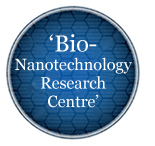 The collaborative TERI-Deakin Nanobiotechnology Centre aims towards a greener and a more advanced use of
nanotechnology for resolving challenging agricultural and biomedical issues. Nano-science and nanotechnology have witnessed spectacular advances in the methods of nanomaterial fabrication
and utilizing their exotic physicochemical and optoelectronic properties for various applications including as catalysts,
in optical materials, in medical treatments, in sensors and even in energy storage and transmission. But, with the
development of new chemical or physical methods, the concern for environmental contaminations is also heightened
as the chemical procedures involved in the synthesis of nanomaterials generate a large amount of hazardous
byproducts.
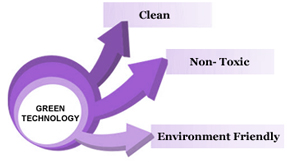 Thus, there is a need for 'green technology' that includes a clean,
nontoxic, and environment-friendly method of nanoparticle synthesis.
As an alternative to conventional methods, biological methods are
considered safe and ecologically sound for the
nanomaterial fabrication. In this regard, the use
of micro-organisms such as bacteria and fungi
in the biosynthesis of metal nanoparticles holds
immense potential
Thus, there is a need for 'green technology' that includes a clean,
nontoxic, and environment-friendly method of nanoparticle synthesis.
As an alternative to conventional methods, biological methods are
considered safe and ecologically sound for the
nanomaterial fabrication. In this regard, the use
of micro-organisms such as bacteria and fungi
in the biosynthesis of metal nanoparticles holds
immense potential TERI's research in nanoscience involves the use of microbial strains for the synthesis of nanosized materials. Deakin University, Australia, has parallel expertise in some of these areas and aims to grow its activities in these fields. In view of this, TERI and Deakin University signed a memorandum of understanding (MoU) in November 2010, and announced the setting up of a Centre of Excellence, the TERI-Deakin Nano Biotechnology Research Centre. 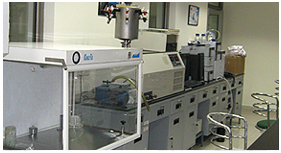 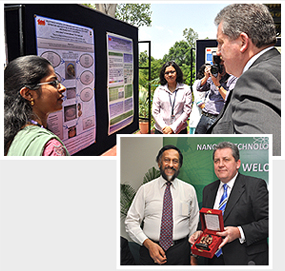 Research at TERI seeks to find solutions to problems related to Dr R K Pachauri It is pleasing for everyone at Deakin and TERI to be involved Professor Den Hollander This centre aims at a greener and more advanced use of nanotechnology for resolving challenging agricultural and
biomedical issues. The centre is working to contribute to a deeper understanding of Nano Biotechnology in academia
and research. It is seeking to achieve sustainability in agricultural practices by early detection of phytopathogens by
sensitive nano biosensors and nanocarrier-based formulations to improve crop productivity and biotic stress
tolerance. Another area of focus is nanodelivery of agrochemicals and degradation/recycling of nanoparticles and
nanopolymers along with nanoparticle-based nutrient delivery systems. Scientists at the centre are currently engaged
in research to generate formulations for coating seeds with nanomaterials and biological materials, synthesis of
nanoparticles from waste and understand enhanced interaction and secondary metabolites production in a reactor
system. The centre is currently looking to develop environment-friendly ways of synthesizing nanoparticles using
plants and microbes. Innovative solutions are being sought in biofuel production. On human health-related issues,
it is in the process of generating DNA-based nanocarriers or chimeric molecules for target-specific gene delivery and
drug therapy.
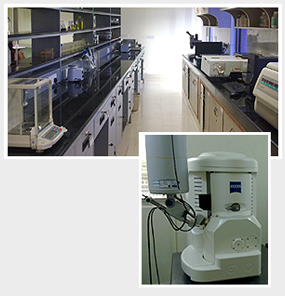 The centre has six doctoral students and scientists with diverse
expertise in the fields of sustainable agriculture, soil fertility,
physical chemistry, soil microbiology,
Some of the key facilities of the centre include microscopes including the advanced imaging facilities like the
Scanning Electron Microscope and Transmission Electron Microscope, Confocal Microscope, StereoZoom
Microscopes, Spectral Scanner and sophisticated imaging systems. Specific instruments for studying the properties
of nanoparticles like the dynamic light scattering unit, Fourier Transformed Infrared Spectroscopy (FTIR), differential
scanning colorimeter are also housed here. Advanced molecule separation techniques like Gas Chromatography-
Mass Spectrometry (GC-MS), High Performance Liquid Chromatography (HPLC) are already available at the facility
along with the ability to develop formulations using rotary evaporator and seed coating machines.
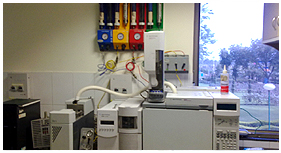 |
